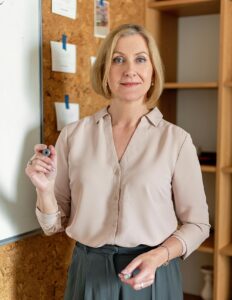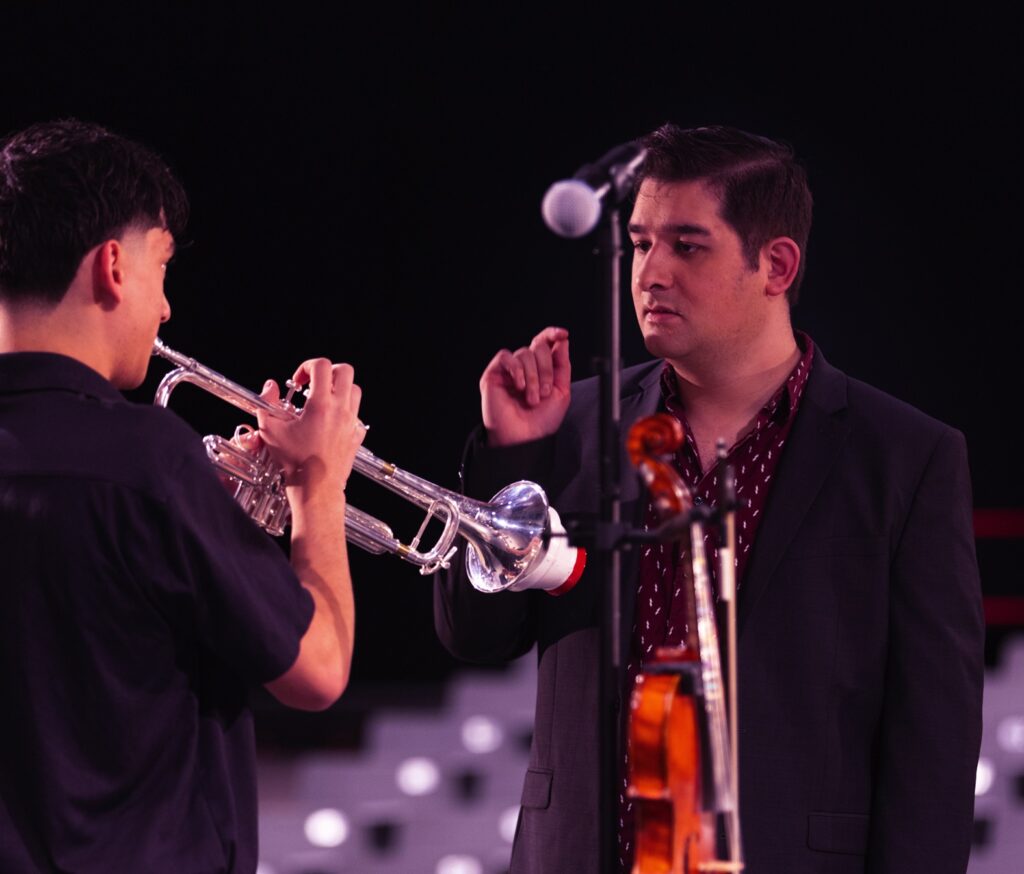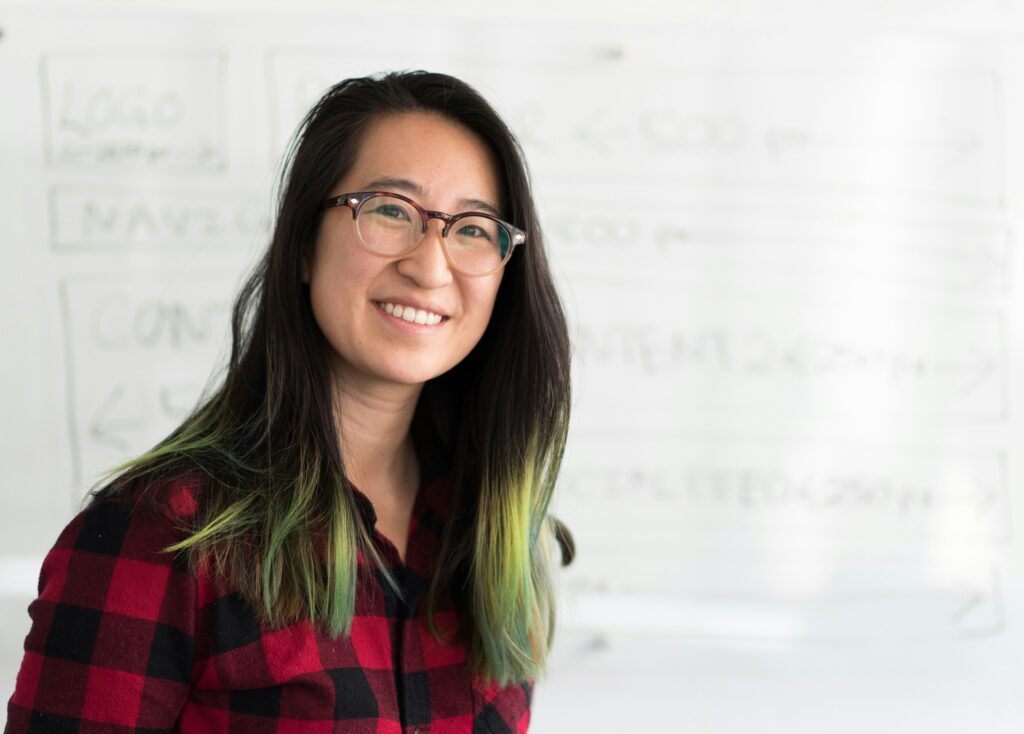What Makes a Teacher an Expert?
A new study offers insights into the art and science of being a music educator.
The word “expert” gets bandied about a lot. Expert witnesses testify at trials. Financial experts tell us the savviest ways to save for retirement. Eight-year-old social media experts save our bacon when we can’t figure out which little button we need to tap.
Don’t be intimidated by the concept of an expert because experts are made — not born. In fact, “the development of genuine expertise requires struggle, sacrifice and honest, often painful self-assessment,” reports Harvard Business Review. “There are no shortcuts.”
So, what does expertise look like when it comes to teaching?

An Expert Teacher Prototype
According to published research from the University of Warwick, there are certain characteristics and traits that help define teacher expertise. Published in Educational Research Review, the study was called “Building the expert teacher prototype: A metasummary of teacher expertise studies in primary and secondary education.” As a metasummary, it pulled in data from 106 studies; three of the studies were specifically on music educators. The study includes findings from research on 1,124 teachers from around the world.
With teaching, there are so many factors, explains the study’s lead author, Jason Anderson, Ph.D., assistant professor of applied linguistics at Warwick. How long has the teacher been teaching? What subject are they teaching? How big is the class? What are the teacher’s beliefs and personal characteristics? And as music educators know, there are probably a thousand more variables.

Recurring Traits
So, the researchers tried to put their finger on what characteristics kept bubbling to the top. “Think of it as a Venn diagram, where we are looking for things that overlap,” says Anderson. As a teacher educator, materials writer and educational researcher and consultant, Anderson has supported teachers and developed materials for use in over 30 countries. The study found that expert teachers:
- Are driven by moral duty toward their learners, which motivates them to work hard, reflect critically and exhibit unconditional care for learners.
- Have a passion for teaching, a positive self-image and a desire to succeed in their profession, which helps them cope with challenges.
- Have three qualities central to expert teacher professional development: reflection, lifelong learning and collaboration with peers.
- Assess progress, spot misunderstandings and offer ongoing feedback.
- Offer individualized support and feedback throughout the lesson.
Rather than seeing this as a checklist of “must-haves,” Anderson suggests this information can be viewed as more of a prototype. “If a teacher notices there are things they aren’t engaging in, then these might be potential areas they could try out. Not that they should do or must do, but what they can experiment with.”
He continues, “For example, there’s good evidence that teacher reflection is a key part of teacher expertise. Expert musicians do this, too. Do high performance teachers reflect more? Our study has uncovered a reasonable amount of evidence that they do, and it’s also linked to a sense of moral duty. This won’t surprise teachers. Or the parents who know their children’s teachers well. But it’s interesting to think about in terms of the science.”
The study’s results will be useful to current teachers, Anderson notes, as well as for preparing future teachers, recruiting teachers, ensuring teacher quality and developing curriculum.

Teaching Specialties: Does Subject Matter?
Anderson says he was surprised that the study revealed there wasn’t that much difference between elementary and middle/high school educators as expected. “Because many elementary teachers are generalists, as opposed to subject specialists, we expected there to be differences. But we found that it’s a lot of the same characteristics that are important.”
Still, he acknowledges, “Any subject specialist will tell you, often with a lot of passion, that every subject is different. What constitutes a good music teacher isn’t what makes a good math teacher, and vice versa. Our study looks at what overlaps between them. With subject experts, we often get so immersed in our own areas, we forget about the universals, the things that cut across all subjects. I’ll give you an example: what we call the interpersonal dimension. All expert teachers need to be able to build, hold and maintain rapport, respect and understanding with their learners. This is key — especially once you look at secondary education — that students believe in their teacher, trust them and are willing to take risks. They need to know their teacher will be there supporting them and guiding them if they run into difficulty.”
Another area that came up in the study is adaptive expertise, or the ability to adapt to an unfamiliar situation. Anderson notes that teaching is both an art and a science. “The art is the more intuitive side of teaching. We’re trying to get as close to it as we can, without ruining it or pinning it all down, but realizing we can at least identify it.”















